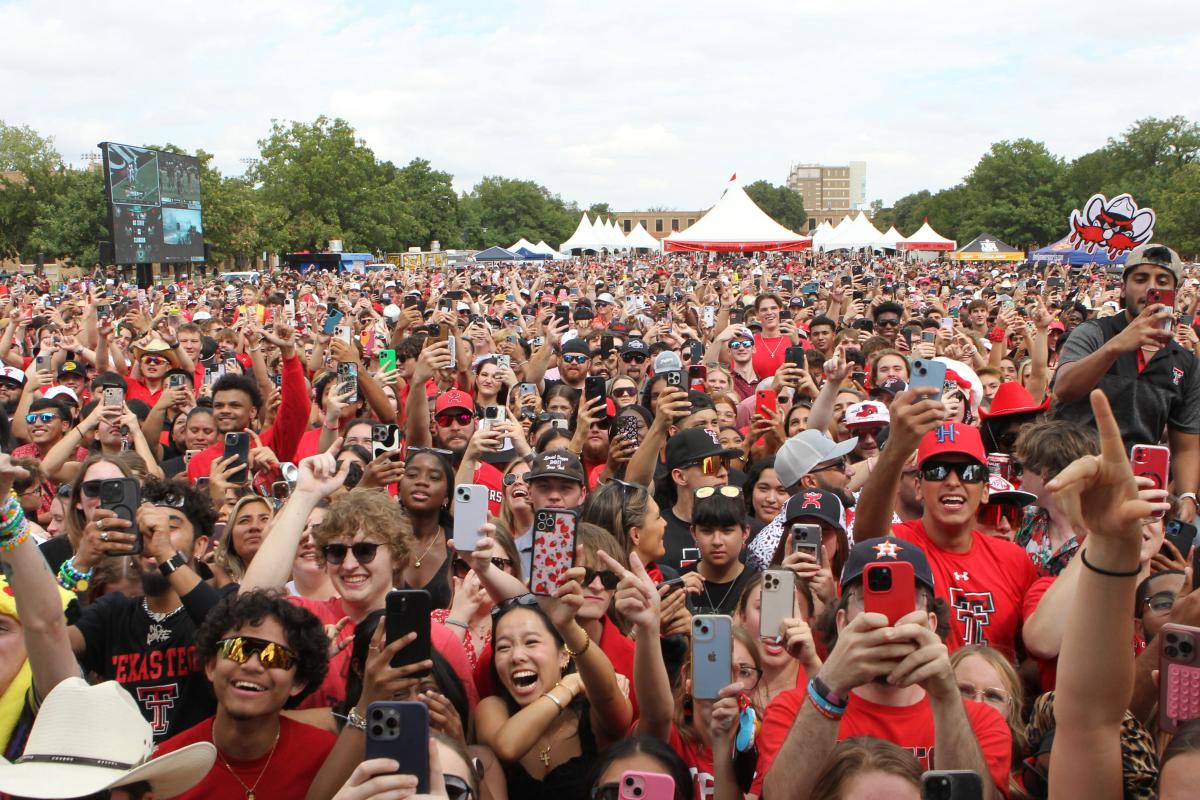CLEVELAND, Ohio – While all the world is abuzz with politics and political fallout, there are two silent tragedies among us. No matter where you are at any given moment, there are people nearby who are either hungry or lonely – or both. Or perhaps, you are.
Hunger and loneliness don’t care about age, skin color or financial history. Municipal and state boundaries mean nothing. They creep through every single neighborhood but are so devious, we don’t know where they’ve landed to claw away at someone’s body, mind and spirit.
Loneliness has been declared an epidemic. Research shows people lacking meaningful interaction with others face increased risk of premature death by as much as 60% and significantly higher risks of heart disease, stroke and dementia. Young adults and seniors suffer the most. The first because they spend so much time in vaporous online communities, they feel isolated when the screen goes black. The latter because either their circle of support never existed, or it can no longer meet needs due to death or disinterest.
Our U.S. Surgeon General, Dr. Vivek Murthy, issued an advisory in May 2023 urging our national leaders to establish a National Strategy to Advance Social Connections, which would have coalesced social, medical, government and nonprofit sectors into a coordinated effort. He even provided language and data for them on which to base the action.
The result? Senate Bill 2350, though proposed and read twice, has sat stagnant in the Homeland Security and Government Affairs Committee since introduction last year. Meanwhile, Dr. Murthy developed a personal action plan and promoted it last December to college students. But anyone can do it, anytime – like today.
Called the “5-for-5 Connection Challenge,” it encourages each of us to commit to taking five simple actions to connect with people in our lives for five days in a row. Simple actions like a text or call expressing gratitude, offering support, or requesting help create meaningful connections. Both the lonely and those who want to help the lonely can manage this.
On the Sept. 11 episode of his podcast, House Calls, Murthy reflected on the work of the famous late Dr. Ruth Westheimer, showing a clip of her talking about her last book, “The Joy of Connections.” I had no idea Dr. Ruth had been named the first honorary Ambassador to Loneliness for New York in 2023! The book includes 100 ways to combat loneliness, make friends and increase the depth of relationships. We lost her in July this year, but her wisdom is available for us today.
I haven’t read the book, but I do wonder if it mentions all the IT advances in apps, robotic butlers and pets, and AI tabletop companions now being developed and sold to help, especially those who are homebound.
September is also Hunger Action Month. Feeding America, a national nonprofit organization launched in 1979, is amplifying its work to connect people with food resources. Its massive network of food banks, pantries and meal programs is so big (and so organized), every American community has access to some level of food support.
Feeding America creates an annual map of the U.S. showing food insecurity and meal gap costs. See Ohio’s map at https://map.feedingamerica.org/county/2022/overall/ohio.
Every county/county equivalent (3,144 of them) and all 435 congressional districts across our country needs help. In some, 50% of the children experience food insecurity. Surprisingly, 90% of the counties with high food insecurity are rural, even though they make up only 62% of the whole country. Just because there’s land for gardening and crops doesn’t mean there’s food for the people.
Our Greater Cleveland Food Bank is part of the FA network and it’s been expanding to better support the six counties it serves. In 2022, a Partner Distribution Hub was opened on Coit Road. Last year, it created a Community Resource Center on South Waterloo Road and now a second center is planned for 9830 Lorain Road to better serve the west side.
To honor Hunger Action Month, the Food Bank suggests four basic things people can do: volunteer, donate, conduct a fund- or food-drive, and advocate. Volunteering can mean putting in a shift, a day or working on a schedule. Business owners, book clubs – anyone, anywhere – can hold a food drive. Facebook makes online fundraising easy with a personal campaign.
To advocate means we must ask our elected representatives to strengthen SNAP benefits (the new food stamps program) and increase funding to The Emergency Food Assistance Program (TEFAP) that purchases, stores and distributes food to local food banks and meal programs when demand or crisis outpaces local supply.
There are many people working hard to provide food resources to those who need them. Maybe you can’t volunteer to help, but you could encourage those who do with a thank you note or boxes of donuts and jugs of coffee. A little encouragement can go a long way when hunger never ends.
So, listen. Since 1 in 3 Americans report feeling lonely at least once a week, and 25% of our seniors and children experience hunger, there’s a lot of work to do. Many hands will make it lighter.
If you are lonely or hungry, reach out and ask for help. Other people actually do care, they just don’t know you are in need. If you are fortunate enough to not face hunger or loneliness, check on a friend you haven’t heard from in a while, or visit a nursing home. All you have to do is smile and share a bit of your time.
I dedicate this column to my dear friend Jancy, who has helped me understand the value of spending time with another person, no matter how busy life may be.
Leslie Kouba, a lifetime resident of Northeast Ohio and mother of four completely grown humans, enjoys writing, laughing and living in Cleveland with her wife, three cats and a fat-tailed gecko named Zennis. You can reach her [email protected].













